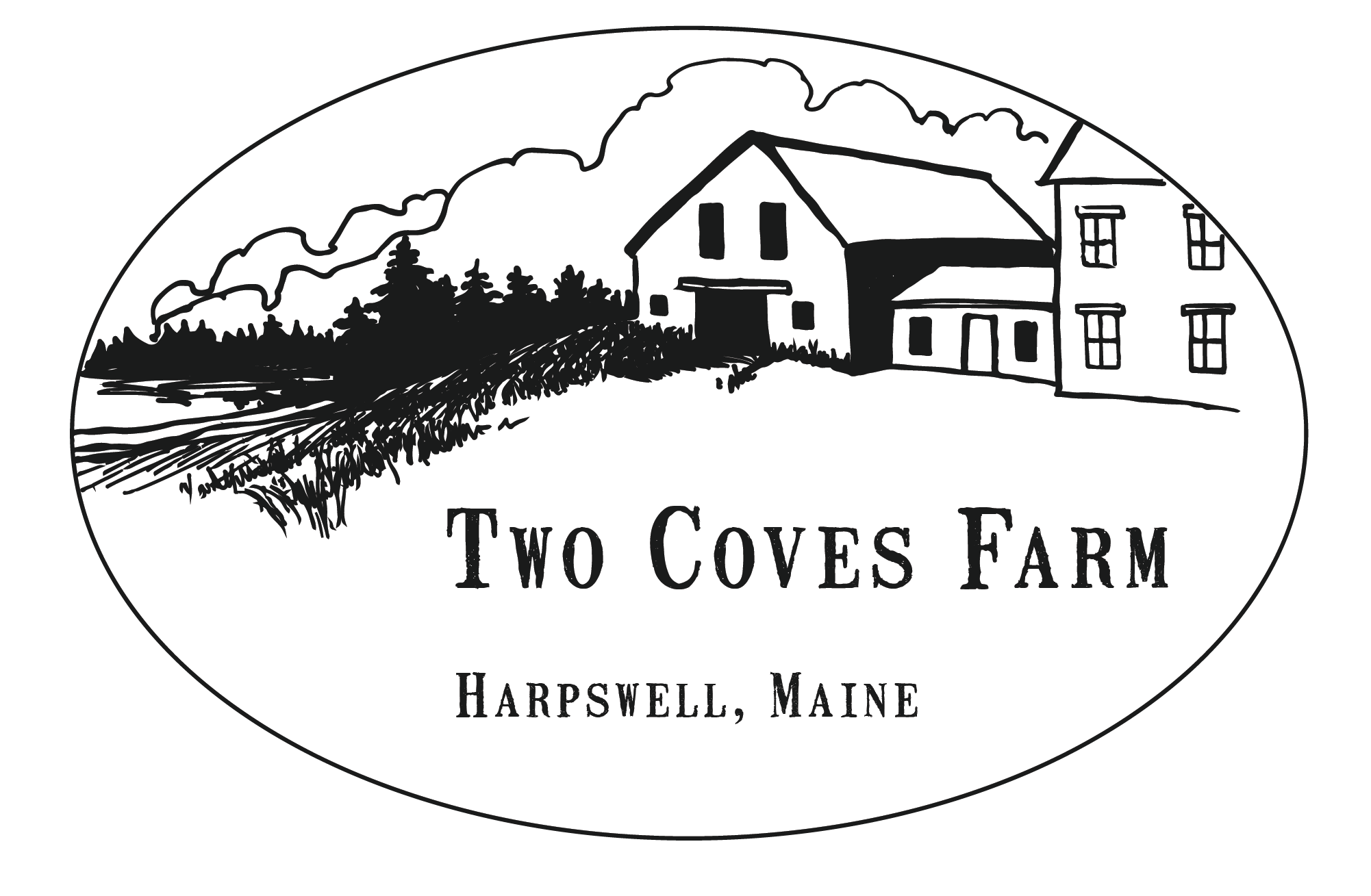Classical Conditioning
I was fascinated in high school by the subject of psychology. I had some exposure to it in college as well and loved especially the parts that dealt with conditioning. The whole idea fascinated me, the very basic idea that an organism will respond to stimuli in its environment. This is funny because its such a "duh!"on so many levels. But for some reason that simple, even obvious and logical, fact was interesting and compelling to me. Maybe it was the first sign that I would one day be closely involved with animal behavior.
Maybe... but maybe also I saw how much the concept was relevant to me, to humans, to the world. I find it fascinating how we can all be so reflective of the world around us, of the stimuli in our environment. The other thing about it was the automatic nature of it... as opposed to operant conditioning which is all about modifying behaviors based on the consequences of those behaviors. Classical was it for me because the body was just responding... the dog hears bell, dog salivates... the student hears bell, student gets up to leave class... I see blue lights flashing in my rearview mirror, I sweat and have an increased heart rate... etc.
I wrote this morning (two posts in one day... what is this coming to?!) about the stress that we have learned over time when it comes to lambing season. The uncertainty, the fragility, the general level of unkown (has she nursed yet? why is that one limping? is her udder hard or just full? can a lamb fit through that hole? did he get enough milk out of that bottle?).
So I am writing tonight about conditioning and lambing again because (as my dad used to say), I sh@# you not, I walked into the barn this morning after writing that post and found a dead lamb.
We think he was smothered in the night by a pregnant ewe... we think. We will never know... but we have been reconditioned non the less. I also got a text from a friend in NH today... one of his lambs walked through a small hole in the fence last night and could not get back in... died outside his barn. Something in the air?
The one that died here was the runt of a set of triplets... was nature at work? Thinning the herd of the weak and the small? Who knows, I guess we can say that if we want that to be the story, right? We will look at these things at years end in terms of "% loss" or some stat like that. This death will have an impact on the farm's future (a small one) and on the "books"... but the real impact for us is the weird way in which what I found this morning will serve as a "fix" for my addiction to worry and paranoia at lambing time. The lambs come, the farmer worries. Gotta go check the barn before bed. =)
Maybe... but maybe also I saw how much the concept was relevant to me, to humans, to the world. I find it fascinating how we can all be so reflective of the world around us, of the stimuli in our environment. The other thing about it was the automatic nature of it... as opposed to operant conditioning which is all about modifying behaviors based on the consequences of those behaviors. Classical was it for me because the body was just responding... the dog hears bell, dog salivates... the student hears bell, student gets up to leave class... I see blue lights flashing in my rearview mirror, I sweat and have an increased heart rate... etc.
I wrote this morning (two posts in one day... what is this coming to?!) about the stress that we have learned over time when it comes to lambing season. The uncertainty, the fragility, the general level of unkown (has she nursed yet? why is that one limping? is her udder hard or just full? can a lamb fit through that hole? did he get enough milk out of that bottle?).
So I am writing tonight about conditioning and lambing again because (as my dad used to say), I sh@# you not, I walked into the barn this morning after writing that post and found a dead lamb.
We think he was smothered in the night by a pregnant ewe... we think. We will never know... but we have been reconditioned non the less. I also got a text from a friend in NH today... one of his lambs walked through a small hole in the fence last night and could not get back in... died outside his barn. Something in the air?
The one that died here was the runt of a set of triplets... was nature at work? Thinning the herd of the weak and the small? Who knows, I guess we can say that if we want that to be the story, right? We will look at these things at years end in terms of "% loss" or some stat like that. This death will have an impact on the farm's future (a small one) and on the "books"... but the real impact for us is the weird way in which what I found this morning will serve as a "fix" for my addiction to worry and paranoia at lambing time. The lambs come, the farmer worries. Gotta go check the barn before bed. =)
